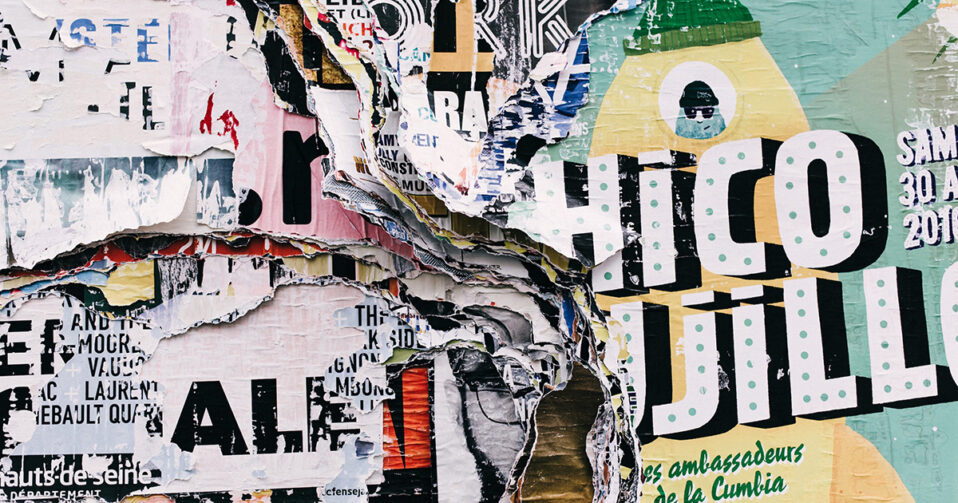Not everyone is ready to let Jewish life thrive out in the wild. Even among those of us who truly love to spread the joy of people doing Jewish, rabbis, educators, parents, we fret about them doing it wrong. Subtly, and not so subtly we say, “Wait. No. Not like that.”
What I learned from my teacher Rachel Brodie, z’l, was how to let Jewish life live. A dynamic force in this civilization has persisted through travails we cannot even imagine, proclaiming a grounded optimism for creation again and again. Judaism may be threatened, but it isn’t fragile. It may be tiny, but it isn’t separate. It is special, but it is not specialized: it is designed for everyday.
As teachers, there are good reasons to want to get it right. There is so much to learn. The material is demanding. Our texts wrestle with big ideas and elicit complicated feelings. There are the legacies of exclusion and inaccuracy and prejudice. Most of all, we don’t want to damage what we love; neither our students nor the tradition.
Yet, Jewishing is more of a creative process than an exam. Anyone who ever tried to turn a source sheet over too soon knows how precisely Rachel planned her lessons. She also said, “I do not set an agenda regarding next steps,” letting the learning take its own course, “even if I never find out exactly how it plays out” beyond the classroom.
Think of the controversy over translation. When Onkelos completed the first translation of the Torah from Hebrew into Aramaic it was received like the Torah at Sinai: a blinding light broke out and people heard a heavenly voice. The translation is printed alongside the Hebrew to this day! But, when Torah was first translated into Greek, the Talmud says, “that day was as ominous for Israel as the day on which the golden calf was made.” Were they so different? No, there are two competing sentiments: access is a good thing, but what people do with it can be frightening.
“Wait. No. Not like that.”
One innovation Rachel brought with Jewish Milestones, helping individuals design their Jewish lives, was dedicating a sefer torah for people to use upon request. To all the Jews in the Bay Area, she said, concretely: we trust you with the Torah.
Doing Jewish with Rachel was making connections between a mixed multitude of people, asking the biggest questions, always respecting where they came from. We invented new Jewish experiences. We wove it together with literature and music. Took it to other cultures and mixed it up. Made art about it. It changed us and we changed it.
Working under Rachel was learning how to take Jewish experience to people, not expecting them to come to us. I myself had to recognize what an exclusive space I was accustomed to.
When I first fell in love with the depth of Jewish thought, I was excited to dive inside. I went to synagogue and I went to school. I made it all the way to Israel and studied at the foot of mount Moriah to hear the most clever interpretations.
Naturally, that is a journey of separation. It is the entry into smaller and smaller groups, the esoteric remove from the practical, the isolation of spiritual experimentation. It is the pursuit of ever higher states, and peak experiences.
Many of us take that path. And then, striving to share what we have found, we turn around, without taking a single step, and invite people to catch up to us.
Rachel taught me, first, to check my privilege, and then to do the opposite. Climb down the mountain. Find the ways that Jewish life adds joy and meaning to everyday life, not just in the beit midrash or on the holidays. It has to work for the sacred and the mundane.
People are the creative energy that keep Judaism going, not the organizations. Rachel wrote: “I have learned to trust that having an opportunity to experience Judaism — one that has integrity and is personally engaging, that honors both the collective tradition and the individual’s values — can be the tipping point toward continued engagement.”
There are two truths in this approach. If Judaism can’t bring meaning to the everyday experiences in our lives, then it won’t be the transforming force we want it to be. And if we don’t let Judaism develop it can’t flourish in the future. Taking care of something in order that it doesn’t change is called preservation. Rachel taught me that living things need to be nurtured, not preserved.
David Green is the Managing Director of Community Impact at the Jewish Community Federation and Endowment Fund.



